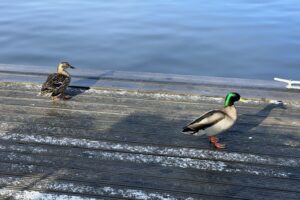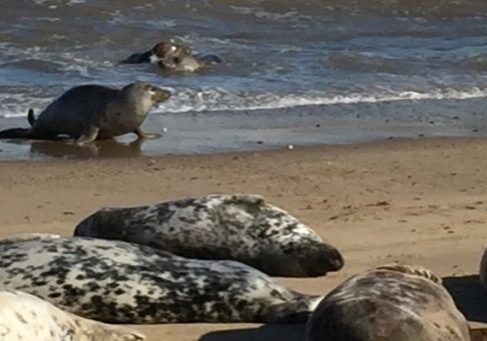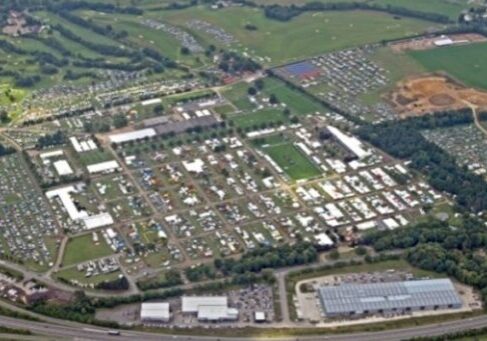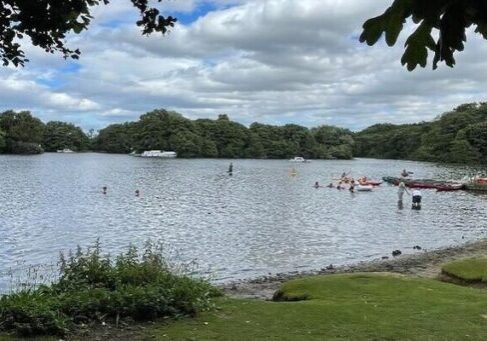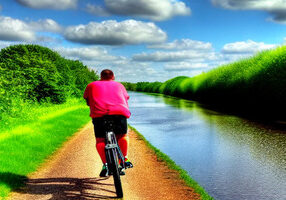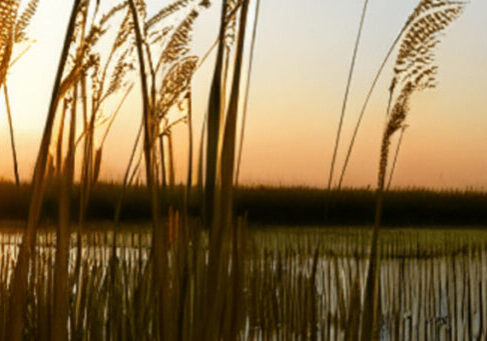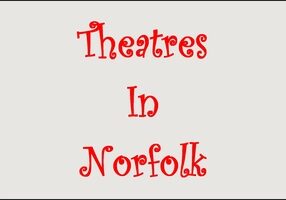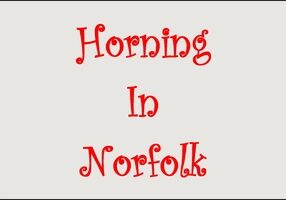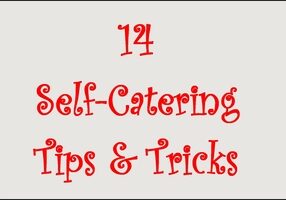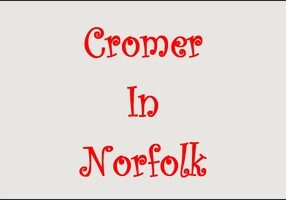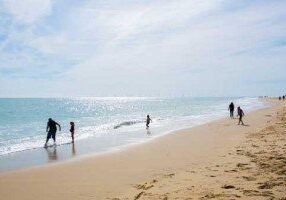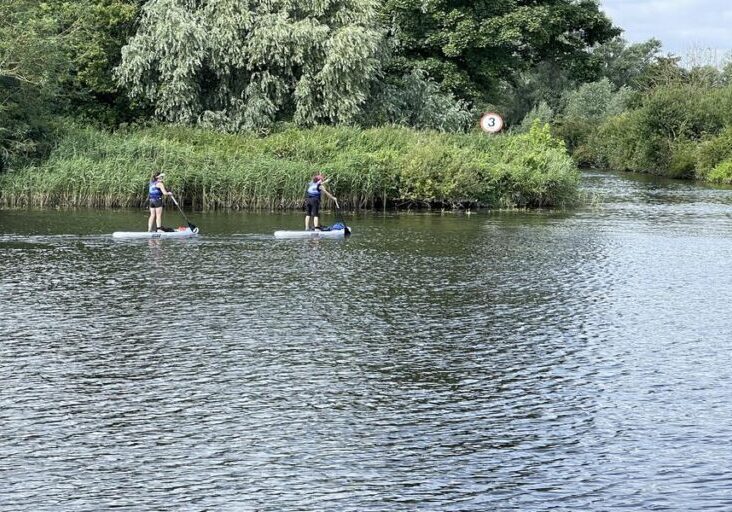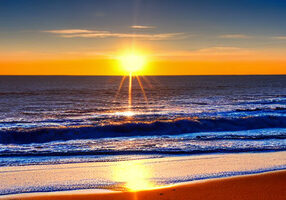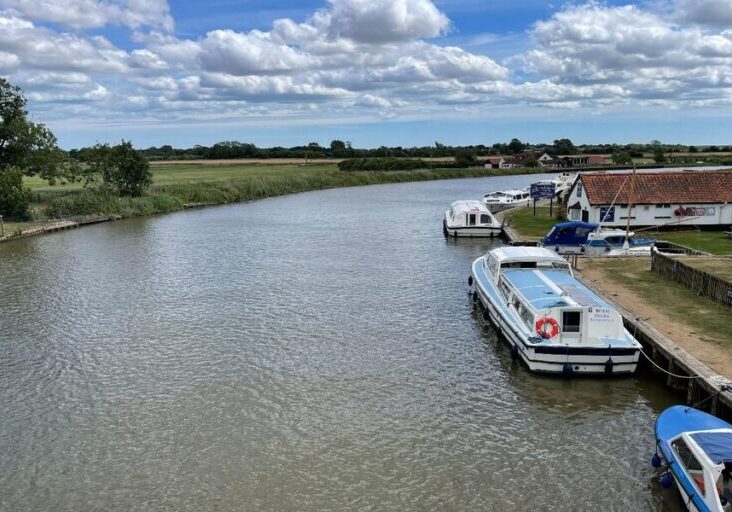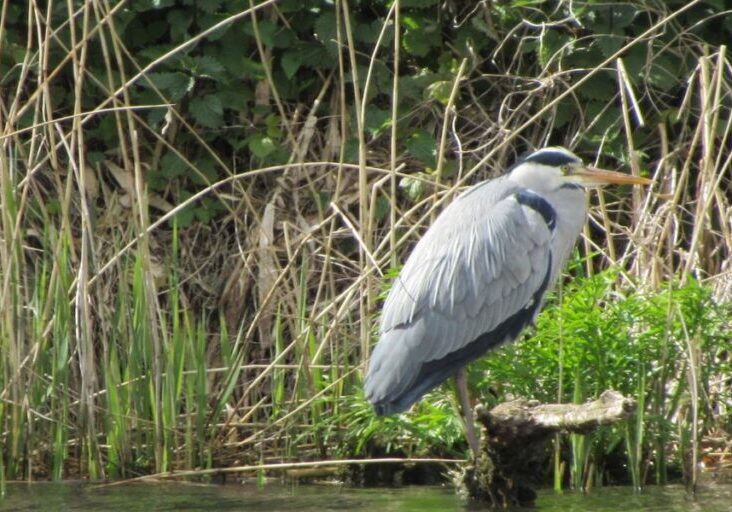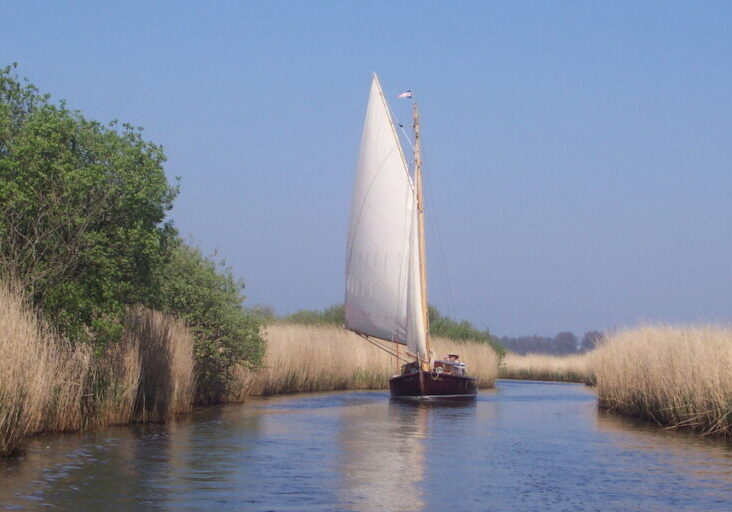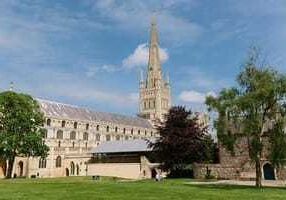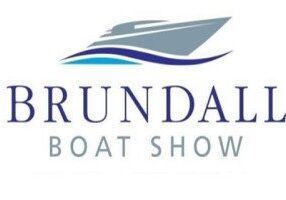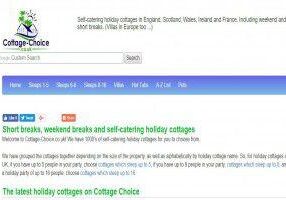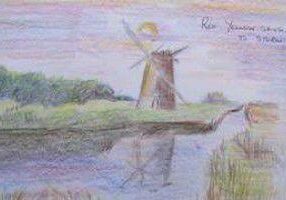Feeding Ducks
Feeding ducks on the Norfolk Broads is very tempting especially when you have them swimming up to you at the river's edge as they do at Swallowdale holiday home.
Feeding ducks and other wild birds is a fun and enjoyable activity for people of all ages and can be a great way to connect with nature and appreciate the beauty of these fascinating birds.
However, it’s important to keep in mind that not all foods are suitable for ducks. Feeding wild ducks the wrong types of food can be harmful to their health and well-being.
What Do Ducks Eat
Do feed them healthy, natural foods
Ducks are omnivores, which means they eat both plants and animals. In their natural habitats, they eat a variety of foods such as seeds, insects, small fish, and aquatic plants. When feeding ducks, it’s best to stick to foods that are similar to what they would eat in the wild.
Some great options include:
- Duck feed: You can buy specialized duck feed from pet stores or online. This is a good option because it’s specifically designed to meet the nutritional needs of ducks. Wild bird seed can also be fed to wild ducks.
- Grains: Ducks love grains such as corn, wheat, and barley. You can buy these at your local grocery store or feed store.
- Vegetables: Ducks also enjoy vegetables such as lettuce, spinach, and frozen peas (defrosted). Just make sure to chop them up into small pieces so they’re easier for the ducks to eat.
- Fruits: Ducks love fruits such as grapes, watermelon, and berries. Again, make sure to cut them into small pieces.
Do feed them in moderation
When feeding wild ducks, it’s important to remember that moderation is key. While feeding ducks can be a fun activity, it’s not a good idea to feed them too much. Overfeeding can lead to health problems such as obesity and malnutrition.
A good rule of thumb is to only feed ducks a small amount of food. A handful of duck feed or a few small pieces of vegetables or fruit is plenty. You should also limit how often you feed the ducks. Once or twice a week is usually sufficient.
Do feed them in the right location
When feeding wild ducks, it’s important to choose the right location. You should only feed ducks where it’s allowed and where there’s plenty of open space for them to move around.
Avoid feeding ducks in crowded areas or near busy roads. This can be dangerous for both the ducks and the people feeding them. It’s also important to make sure you’re not feeding ducks in an area where there’s a risk of pollution or contamination.
Avoid feeding ducks near areas where boats are moored or where people are fishing, as this can create a safety hazard. Do not feed ducks while standing on a bridge or leaning over the water, as this can be dangerous.
There are many popular duck feeding spots around the Norfolk Broads.
Do clean up after yourself
After feeding ducks correctly, it’s important to clean up after yourself. You should never leave food scraps or litter behind, especially plastic waste, as this can attract other animals and create a mess. Instead, bring a rubbish bag with you and dispose of any food scraps or litter properly.
It’s also a good idea to wash your hands after feeding ducks, as they can carry bacteria and germs.
What Should You Not Feed Ducks
Don't feed ducks bread
Contrary to popular belief, bread is not a suitable food for ducks. While wild ducks may enjoy eating bread, it’s very bad for their health. Bread is low in nutritional value and can cause a variety of health problems for ducks if they eat too much of it.
Feeding ducks bread can lead to a condition called “angel wing”, which is a deformity of the wings that makes it impossible for the bird to fly. It can also cause obesity, malnutrition, and other health problems.
Don't feed them anything that's not food
It’s important to only feed wild ducks foods that are safe for them to eat. Feeding them anything that’s not food can be harmful to their health. Some examples of things you should never feed ducks include:
- Candy
- Chips
- Fast food
- Moldy or spoiled food
- Citrus fruits (oranges, lemons and limes)
- Anything with caffeine or alcohol
Feeding wild ducks anything that’s not food can make them sick and even cause death.
It's important to note that feeding wild ducks should never be used as a means of disposing of food waste. Feeding ducks food scraps or other human food can cause a range of health problems and contribute to pollution in the waterways.
Don't chase or harass the ducks
While feeding ducks can be a fun activity, it’s important to remember that ducks are wild animals and should be treated with respect. You should never chase or harass ducks, as this can cause them stress and anxiety. If a duck seems uncomfortable or starts to move away from you, it’s best to stop feeding them and let them be.
Don't feed ducks in winter
In the winter, ducks’ diets change and they require different types of food to survive. Feeding ducks in the winter can actually be harmful to their health, as it can disrupt their natural feeding patterns and cause them to rely on humans for food.
If you want to help ducks in the winter, you can create a safe habitat for them by providing a shallow, ice-free pond or by leaving piles of leaves or grass clippings for them to forage in.
What Do Ducks Naturally Eat
In the wild, ducks enjoy a varied and omnivorous buffet! They primarily dine on aquatic plants like pondweed and algae, with some species favouring seeds or leaves over others. But their menu doesn't stop there. Ducks are also happy to gobble up insects, worms, small fish, crustaceans, and even tadpoles. This diverse diet provides them with all the nutrients they need to stay healthy and energetic.
Observe Behaviour Feeding Ducks
Observing duck behaviour can be a fascinating experience, and it can also help you understand their needs and preferences. Ducks will often communicate through body language, such as bobbing their heads or flapping their wings.
Pay attention to the behaviour of the ducks you are feeding. If they appear stressed or agitated, stop feeding them and move away. If ducks become aggressive or start fighting over food, discontinue feeding and allow them to disperse.
Norfolk Broads Ducks
Nestled in the tranquil waterways of Norfolk, the Norfolk Broads Ducks epitomize the serene charm of this picturesque region. These iconic waterfowl, ranging from majestic Mallards to vibrant Mandarins, grace the expansive rivers and tranquil broads with their presence. Their graceful movements and vibrant plumage add a splash of colour to the lush green landscapes and winding water channels. Visitors to the Norfolk Broads are often enchanted by the sight of these ducks gliding effortlessly across the water, their quacks echoing through the reeds. Whether you're a nature enthusiast, a birdwatcher, or simply seeking a peaceful retreat, encountering the Norfolk Broads Ducks is an unforgettable experience, offering a glimpse into the timeless beauty of this unique wetland habitat.
Conclusion
In conclusion, feeding ducks can be a fun and rewarding activity, but it’s important to do it responsibly. By feeding ducks healthy, natural foods in moderation, in the right location, and cleaning up after yourself, you can ensure that these beautiful birds stay healthy and happy. Remember, ducks are wild animals and should be treated with respect, so never chase or harass them, and always follow any rules or regulations in the area where you’re feeding them. With a little care and attention, feeding ducks can be a wonderful way to connect with nature and appreciate the beauty of these amazing creatures.

